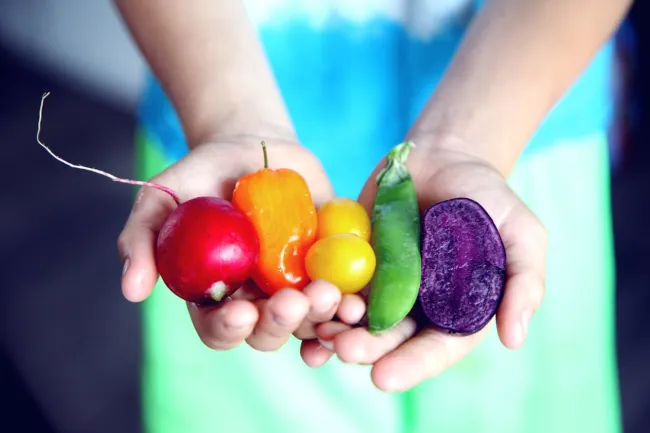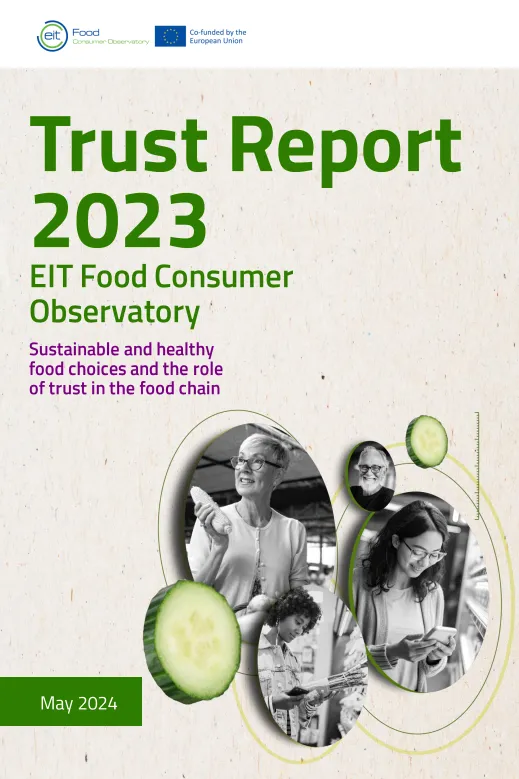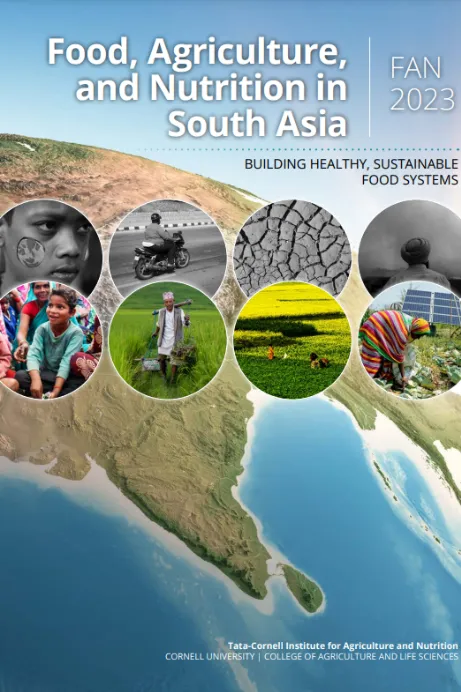This report by the European Commission promotes behavioural insight, nudges that subtly shape the choice environment to encourage better decisions at little cost, for policy to address wicked problems like climate, inequality and health.

Publisher's Summary
The crises and challenges we are facing are increasingly multi-faceted and complex: climate change, energy scarcity, social inequality, to name but a few. One major thing they all have in common is human behaviour.
Complex (or ‘wicked’) problems require adaptive solutions. Traditional policy approaches can miss important aspects and interlinkages, especially when it comes to the intricate web of human behaviour and the systemic interactions that underpin the biggest challenges of our time. By failing to address the variables of human behaviour, the effectiveness of policies can also be reduced.
This is where Behavioural insights (BI) come in: to bridge this gap and uncover behavioural interlinkages often not considered in policy.
You’ve certainly heard about nudges—those behavioural interventions that subtly shape the choice environment to encourage better decisions at little to no cost. A typical example is placing healthy snacks at eye level in a cafeteria, which makes people more likely to choose them, but still free to opt for junk food. But did you know they represent only a fraction of what BI can offer? The real power of BI goes beyond isolated behaviour change interventions.
BI can help to design policies that foster systemic change and reshape entire systems, from crisis preparedness to biodiversity conservation. When integrated early and thoughtfully into policy design, BI can amplify the impact of traditional policies, fostering long-term change. Our latest report highlights the transformative potential of integrating BI from the outset of the policymaking cycle, ensuring coherence and maximising impact.
Reference
Read more here. See also the TABLE explainer, Nature Knows Best? Naturalness in the Ultra-Processed Foods Debate




Comments (0)